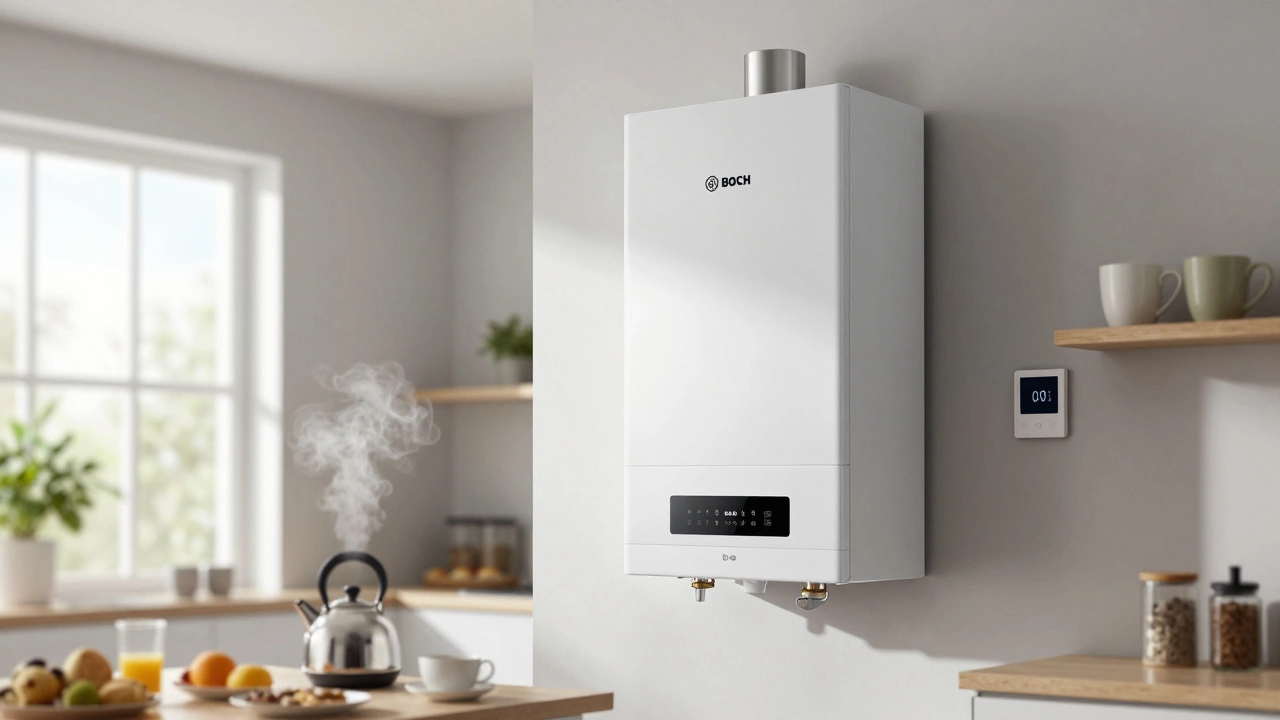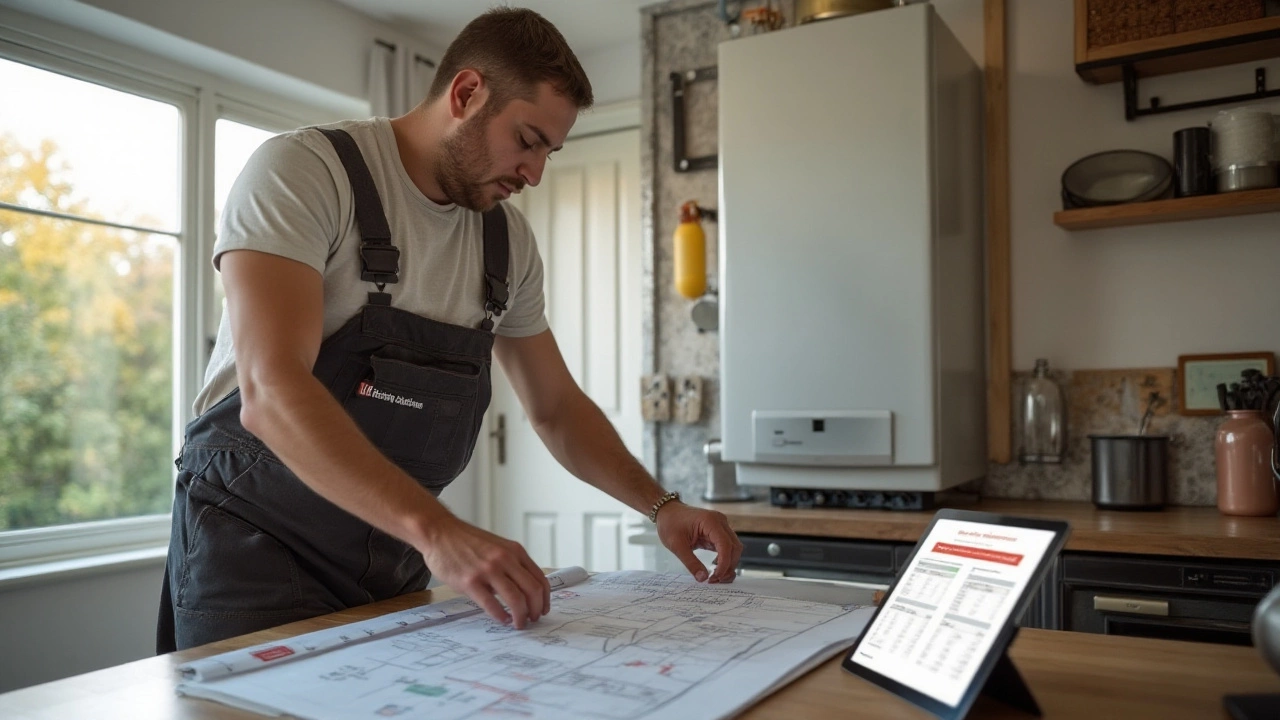- 18 Jan 2026
- Gideon Thornton
- 0
How Much Does a New Boiler Cost in 2026? Prices, Factors, and What to Expect
Find out how much a new boiler costs in the UK in 2026, including prices by type, labour costs, grants, and what to watch out for when replacing your boiler to avoid overpaying.






